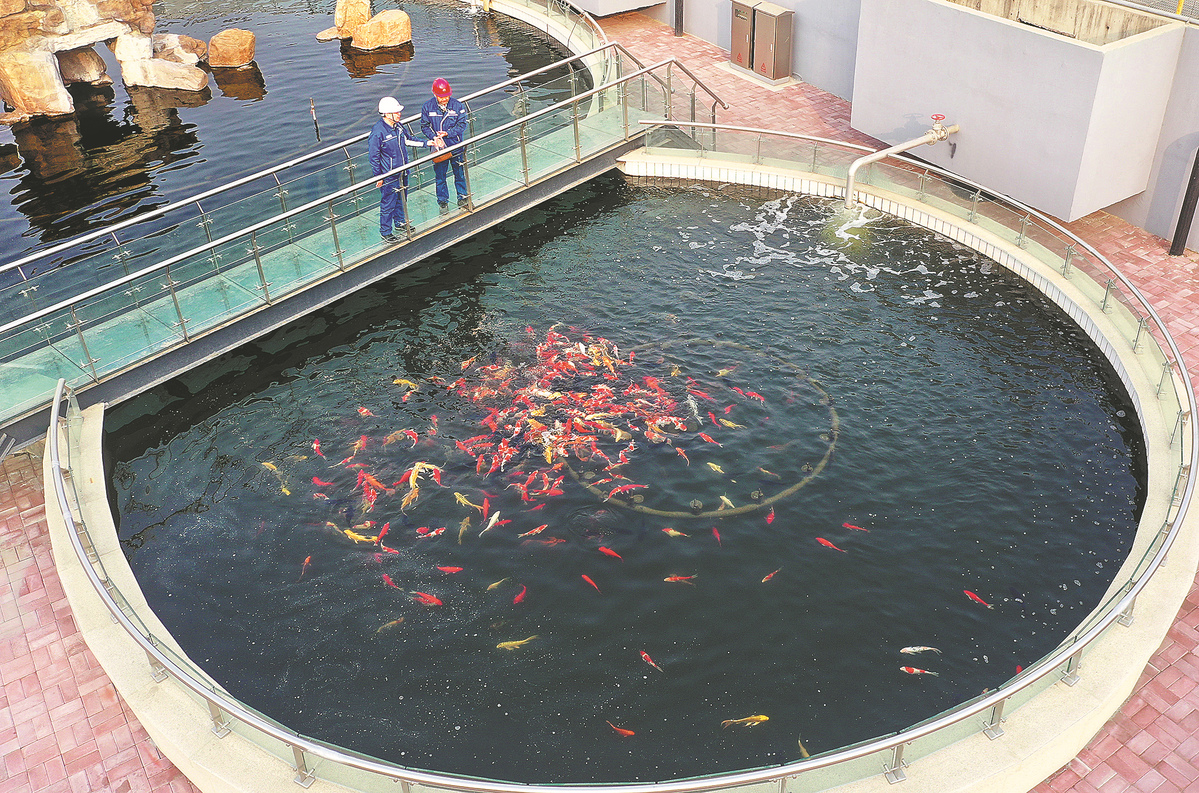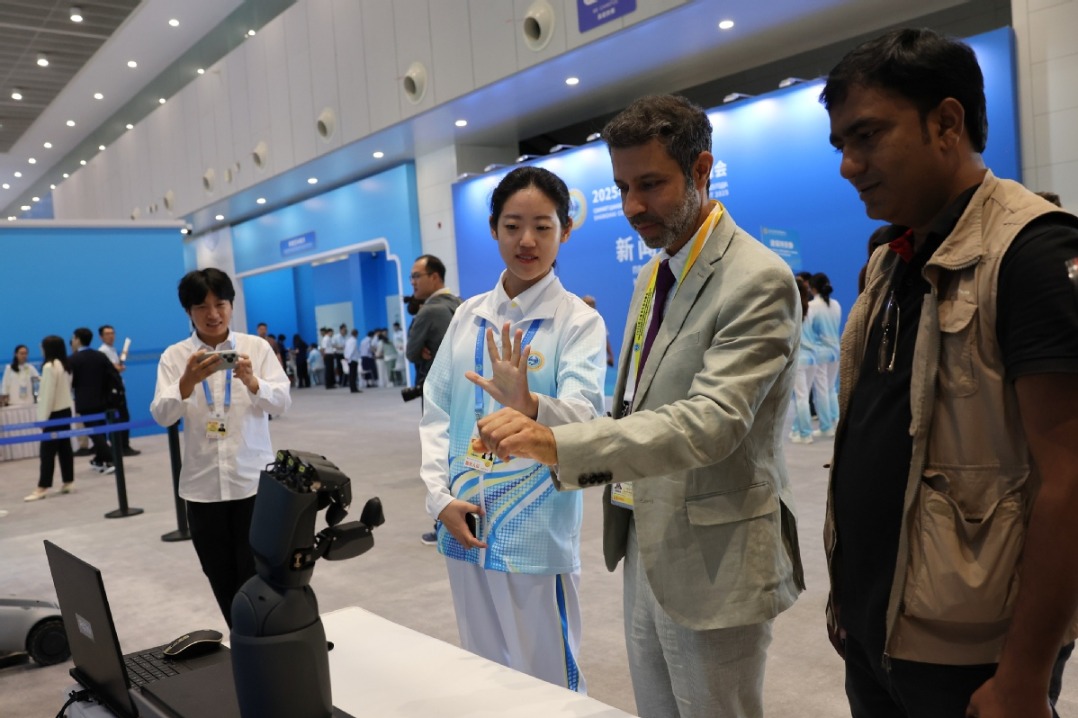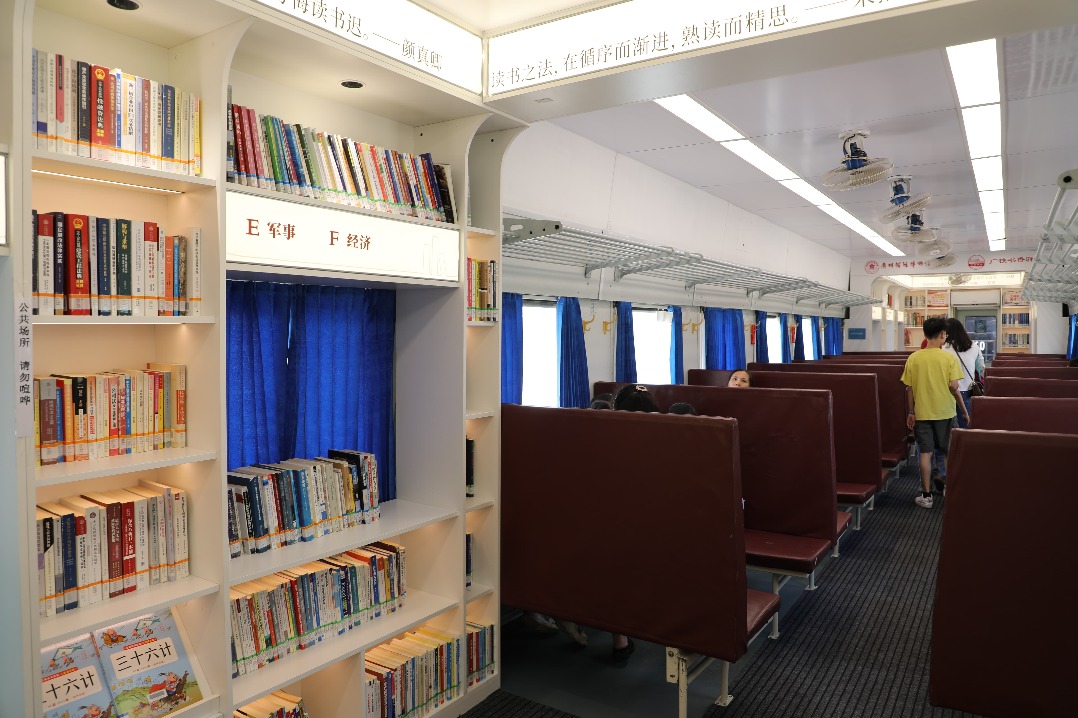China's eco-industrial parks add great contributions with little pollution


China has made remarkable progress in promoting eco-industrial parks. With great contributions to the country's industrial added value, such parks are significantly less-polluting, an official with the Ministry of Ecology and Environment said.
Wang Zhibin, head of the ministry's department of technology and finance, made the remarks at a news conference on Wednesday in Beijing.
China has so far established 73 eco-industrial parks, he said. Statistics from 2022 show that the industrial added value generated in these parks represented 7.6 percent of the country's total in the year.
Their contribution of pollutants emissions, however, is quite small. The sulfur dioxide they emitted in the year, for example, only covered 0.9 percent of the total from the industrial sector, he noted.
"The intensity of the emissions of major pollutants in these parks is 81 percent lower than the national level," he said.
Emission intensity usually refers to the emission of certain pollutants per unit of GDP.
He said the multipurpose utilization rates of solid waste in these parks reached 90.8 percent, better than the average level in industrial parks across the country.
In a move to tap eco-industrial parks, the defunct Ministry of Environmental Protection, which was reshuffled into the Ministry of Ecology and Environment in 2018, and the ministries of commerce and science and technology made public a regulation on the management of demonstration eco-industry parks for trial implementation in 2007.
The three ministries then unveiled a new regulation on eco-industry parks management in 2015, which is also for trial implementation.
According to the latest regulation, eco-industry parks are those that are able to integrate technology, economics, and management measures to facilitate the efficient transfer and utilization of energy and materials generated as by-products within the production process.
This interconnected network of collaborative resource exchange, whether within or between enterprises, aims to elevate the overall resource and energy utilization efficiency throughout the production chain.
- Xi proposes Global Governance Initiative
- Sculpture for Flying Tigers is unveiled in Chongqing
- China's V-Day gathering to start at 9 am, Sept 3 at Tian'anmen Square
- Fuzhou determined to become an 'international, people-oriented' city
- Experts highlight health risks of modern lifestyle habits
- China's first science popularization month kicks off in Beijing





































